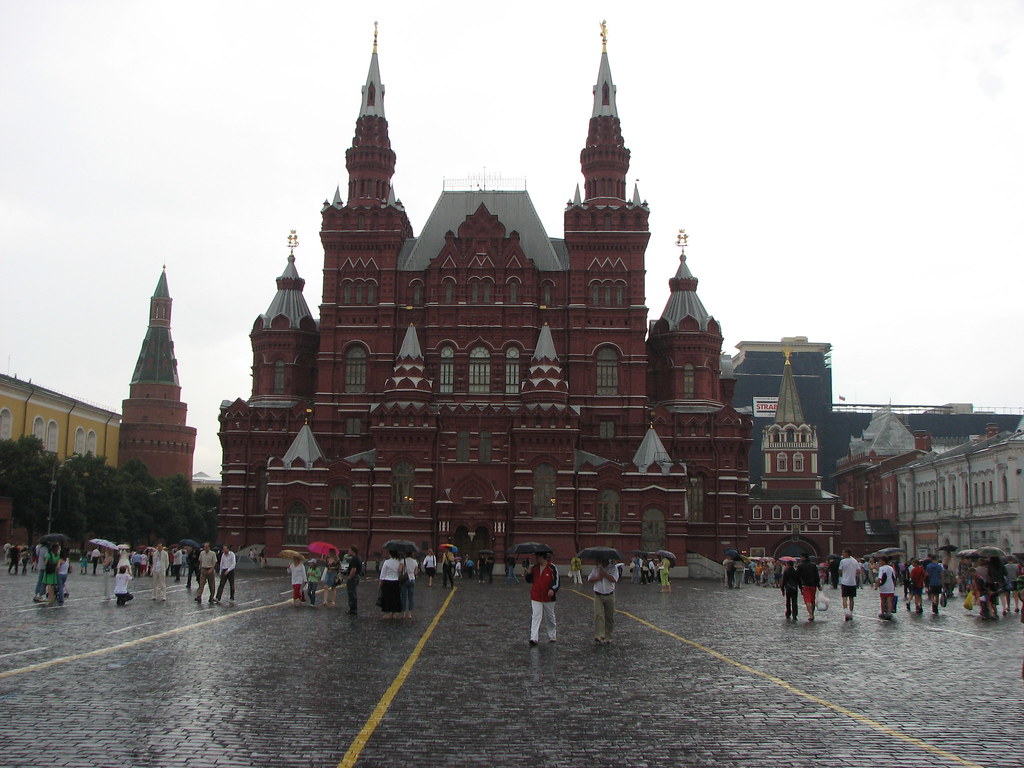The Man In The Mirror
Please note that the following was/is supposed to be a speech. I apologize if it sounds too preachy ... actually, I don't apologize if it sounds preachy. I believe it and I hope after reading it, even if you don't believe it, you'll think about it.
Background: More than a few people have asked me for the background on this post. Well, it's curiosity primarily. What does it feel like to hold a man's life in one's hands? We give that power to the people wearing the black coats. What do they go through when they have to make a decision and how do they make it? What moral code do they follow and what makes them adhere to it?
It's a concept that I've been fascinated with for a long time and one that I tried to pin down once before when I wrote "Knight of Yore". I don't think I've come up with a satisfactory answer yet.
The second part of it was a situation and that came easily enough ... what did I hate the most. Communal politics. I was reminded of 'The Best Bakery case' and Jagdish Tytler. I know that the two are completely unrelated but I decided to combine the two for the purposes of this piece.
Further reading - Best Bakery case and Jagdish Tytler
--
The rap of the gavel on the oak table resounded in the packed courtroom. The man in the black robe sitting under the blind gaze of Madame Justice ran his hand through his thinning white hair. He lifted his glasses to his forehead and rubbed the corners of his eyes. Stalling, trying to squeeze every possible moment he could before he announced his decision.
"This country was found on the basis of freedom. The freedom to choose what you say. The freedom to choose what religion you follow. The freedom to choose! This country is an idea. An idea that embodies freedom. An idea that embodies choice. An idea that gives us the right to choose what interpretation of it applies to us. An idea that allows for other ideas. An idea that is founded on the principle that it might be incomplete, that it might need to grow to embrace those other ideas.
"Unbridled freedom, however, comes at the cost of order. The glorification of freedom through self expression and the protection of order through through self restraint. A conundrum this presents, the very construct that provides us with freedom is the one that would impose boundaries upon it. This country tries to embrace this conundrum, and expects no less of its citizens.
"The laws that were formulated to defend that ideal were ascribed a simple goal, that men who do no wrong should suffer none. We are obligated to respect the boundaries set by these laws. The conundrum isn't the boundaries and the freedoms, it is the definition of being free. To be free is to be ruled by reason.
"The defendant was not ruled by reason, he was ruled by religious fervour and by biased passion, as were the people he had gathered around him. By all accounts, the defendant did not set fire to that building himself. He did incite the mob that set that fire. The defendant did not kill those people. He did not trap them in that building. I cannot hold him responsible for the actions of that mob."
The words hung in the air for a split second, and the instinct of every reporter and photographer in the room kicked in. Pens furiously scribbled in little notepads. The whirring of cameras merging into an incessant buzzing. The astonished expressions of the law makers and seekers were captured for generations to come among blinding flashes of light. Everyone in the room knew what was about to come next. A landmark judgment was about to be delivered. The most controversial case of the decade was about to end in even more controversy.
The judge slammed his gavel on his desk repeatedly to calm what had become both audience and witness to history.
"I know that I've been painted as a liberal who has openly criticized the religious right, with special mention against the organization to which the defendant bears allegiance. I've been told that the publicity of my opinions has more than once been thorn in their side and I was quoted as being proud of it. All of which are true."
He took a deep breath and reached for the glass of water at the far end of his desk. His hands quivered as he raised it to his lips.
"His party and its affiliates politicize communalism, they have preyed on the uninitiated, on the innocent and made them foot soldiers in a war that does not exist. An entire generation of misguided youth blindly taking orders from equally, perhaps more misguided bigots. An entire generation shedding blood, their own and that of other innocents. An entire generation of youth both inside and outside of those parties, indifferent to what they've lost. And another generation, mine, shedding tears for what they've lost, for what could have been theirs.
"One would hope that in a country like ours, one which has paid the price for freedom in blood and in tears, we would preserve it. Those people were murdered because they made different choices. Because they embraced their freedom.
"When I first sat on this chair, I swore an oath to dispense justice, to never wrong an innocent, to judge by the letter of the law, not in the spirit of it, so that my prejudices did not taint my judgment. Today, I wish I wasn't limited by that oath, just so that I could wake up and look at the man in the mirror. I pronounce the defendant not guilty."


 XML
XML 